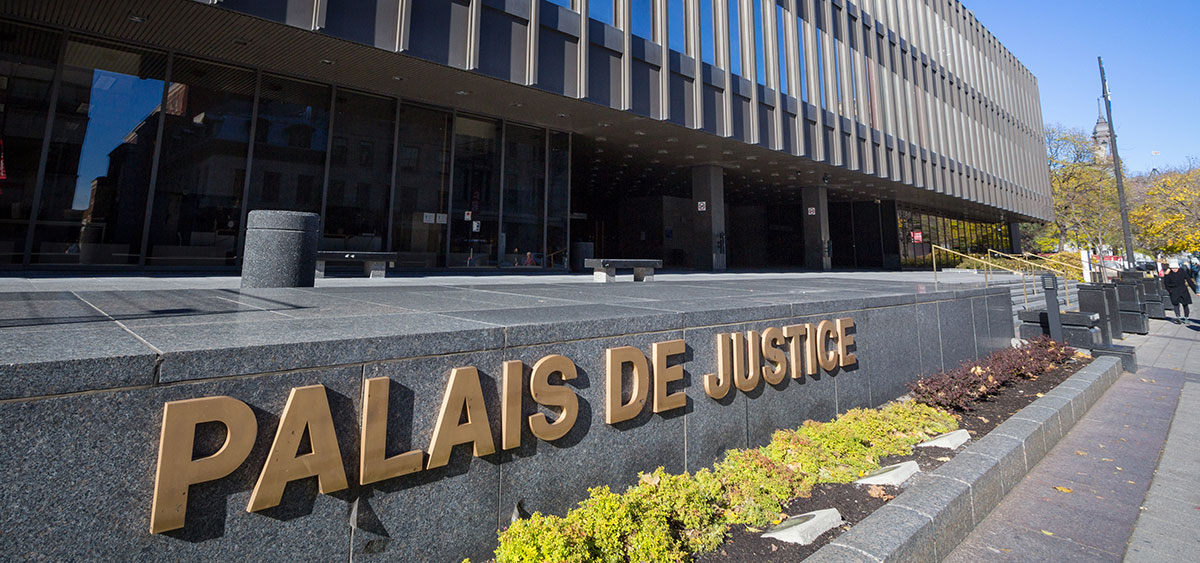The trial contesting the Act respecting the laicity of the State, also known as “Bill 21”, got underway in Montréal on Monday, November 2nd. Here are key concepts to help understand the issues being debated.

What’s Being Argued
The Act respecting the laicity of the State was adopted in June 2019. It forbids certain employees of the State, such as judges, police officers, or teachers, from wearing religious symbols while performing their duties.
The groups contesting this law in court are arguing that it doesn’t respect the Canadian Charter of Rights and Freedoms. For example, some groups are invoking section 23 of that Charter which protects the English-speaking minority’s right to teaching in English. Other groups are invoking section 28 of the Charter which protects the equality of the sexes.
In defending the law, the government maintains that the law protects freedom of religion and the equality of men and women. It argues that the law applies to everyone, regardless of religion or sex, and its purpose is to ensure the equality of everyone when interacting with the State.
|
Important! The law also requires that certain public services are given or received with the face uncovered. However, this rule does not apply when the face is covered because of health reasons or a handicap or to perform certain tasks. You can receive these public services even if you are wearing a mask to prevent COVID-19! |
The Charter’s “Notwithstanding Clause”
Section 33 of the Canadian Charter of Rights and Freedoms allows a law to be adopted as an exception to the Charter. It’s called the “notwithstanding clause” because the law is adopted despite the Charter. The Act respecting the laicity of the State invokes this clause of the Charter.
When this clause is invoked, the law applies even if it could infringe rights and freedoms in the Charter, such as:
- freedom of expression
- freedom of religion
- freedom of peaceful assembly
- the right to life
- the right to liberty
- the right to security
- the right to be secure against unreasonable search or seizure
- the right not to be arbitrarily detained or imprisoned
- the right to equality before and under law
This exception is valid for five years. It can be renewed.
The groups challenging the law are invoking sections of the Charter to which the notwithstanding clause does not apply.
The notwithstanding clause was used in 1988 for the Charter of the French Language (also known as “Bill 101”) to prevent outdoor signs from being in a language other than French. The clause has expired and signs with English are now allowed as long as French is dominant.
The Quebec Charter Also Has a Notwithstanding ClauseThis clause is used to prevent someone from being represented by a lawyer in Small Claims Court even though a section of the Quebec Charter gives everyone the right to be represented by a lawyer. |





